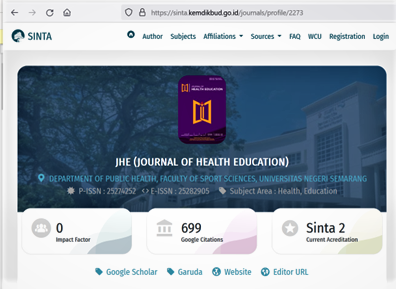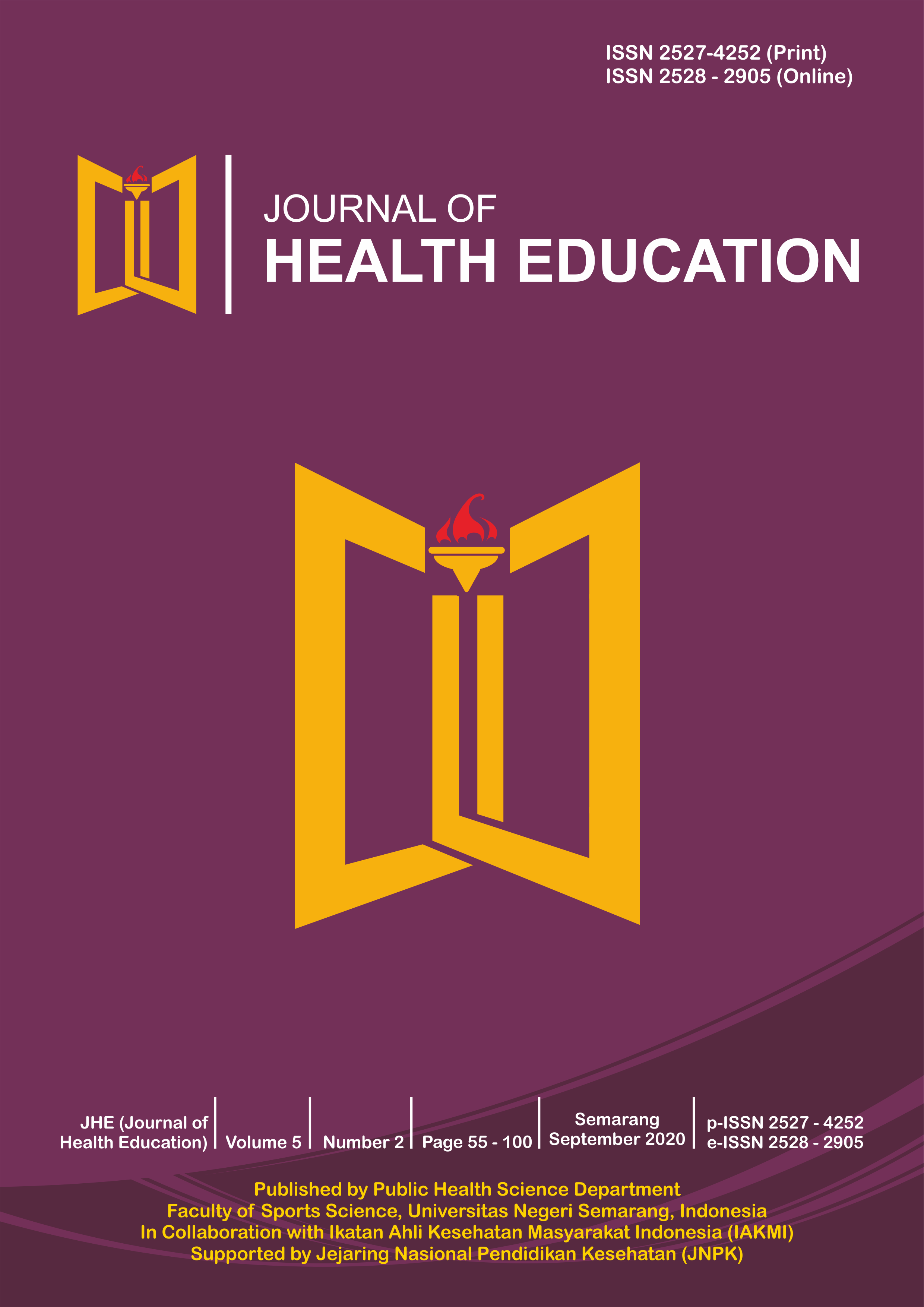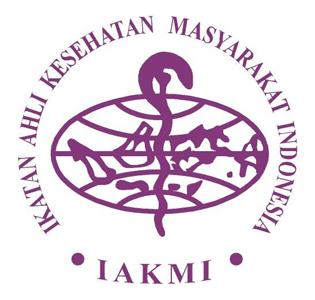Knowledge, Attitudes, and Practices Towards COVID-19 among North Sulawesi Indonesia Residents
Knowledge, Attitude, Practice, COVID-19
Abstract
Background: Coronavirus Disease 2019 (COVID-19) was declared a global pandemic by WHO. To prevent theCOVID-19 transmission is depend on community compliance with health protocols. Public compliance in implementing health protocols during the new normal period is closely related to the Knowledge, Attitudes, and Practices (KAP) about COVID-19.
Method: A cross-sectional online survey was used to survey the people of North Sulawesi Indonesia. Data were collected from September 17 to September 30, 2020, with 705 respondents (Mean age: 23.8 ± 8.7 years; 70.8 % females).
Result:From 705 respondents, 23% of them knew the cause of COVID-19, 31.5% knew the symptoms of COVID-19 and 31.5% understood the definition of new normal. However, 50.4% of respondents were not aware of an information site related to COVID-19 provided by the government and only 28.9% of respondents knew about preventions of COVID-19 related to washing hands with soap. Overall, there were 29.2% of respondents had poor knowledge about COVID-19. The majority of respondents hadpositive attitudes and good behaviors regarding the symptoms and prevention of COVID-19. The demographic factor significantly related to the level of knowledge is gender (POR: 1.8; 95% CI = 0.75-0.90, P <0.001).
Conclusion: The majority of respondents had good knowledge, positive attitudes, and good practices toward the prevention of COVID-19. However, the knowledge of certain topics was still inadequate






